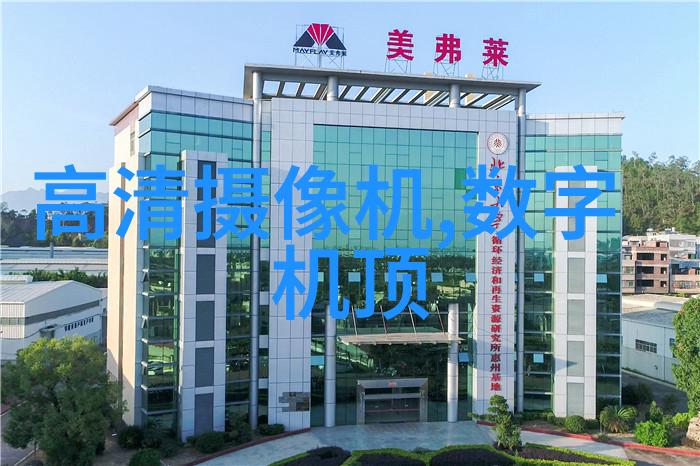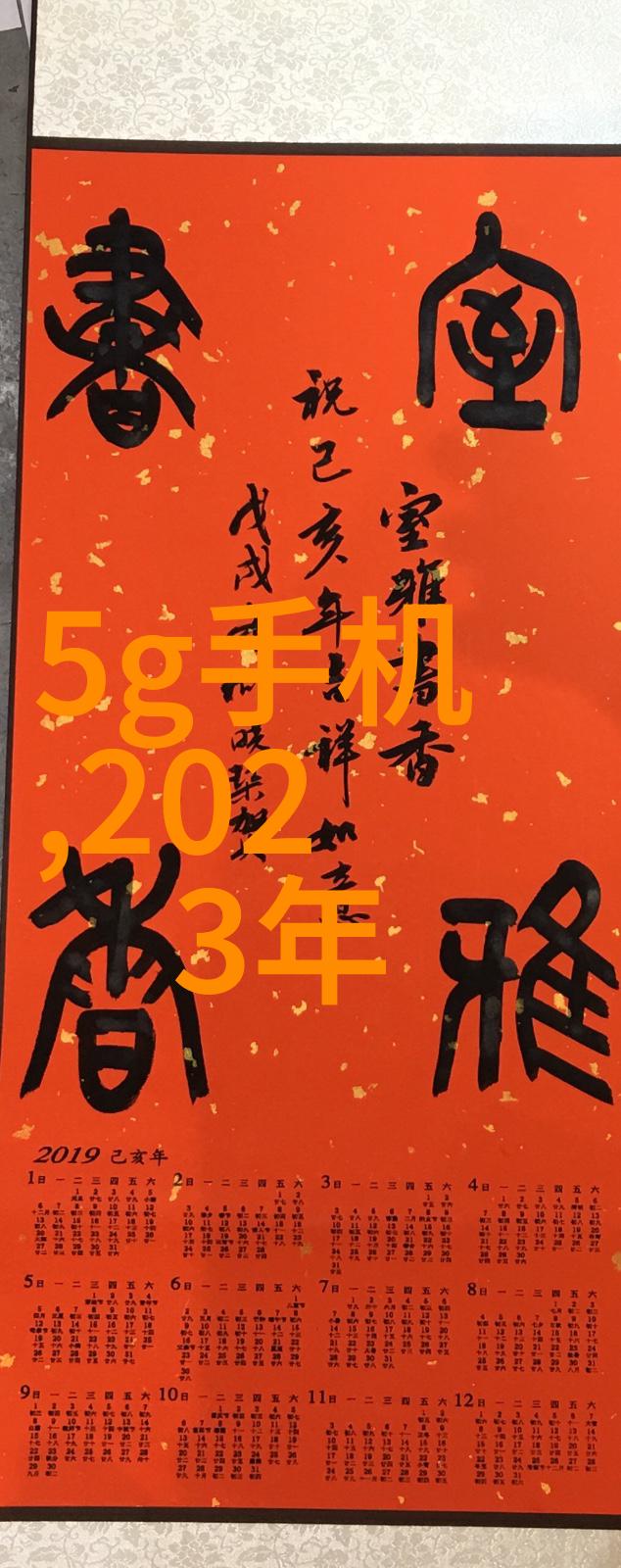地下水资源管理水质检测中心在其中扮演什么角色
一、引言

地下水是世界上最重要的淡水资源之一,它们不仅是农业灌溉、工业生产和城市生活用水的主要来源,也是维持生态平衡的关键。然而,随着人口增长和经济发展,地下水资源面临着越来越大的压力。因此,对于如何有效地管理和保护这些宝贵的自然资产,我们必须深入思考。
二、地下水资源管理的重要性

groundwater management is crucial for ensuring the sustainability of this vital resource. Effective management involves not only the allocation and distribution of water but also its quality control.
三、质量控制与检测中心

Water quality detection centers play a pivotal role in maintaining the safety and reliability of groundwater. These centers use advanced technologies to monitor water samples for contaminants, pollutants, and other potential hazards.
四、检测流程概述

The process typically begins with sample collection from wells or boreholes, followed by transportation to a laboratory facility equipped with state-of-the-art equipment. Samples are then analyzed using various methods such as chemical analysis, biological testing, and physical examination.
五、分析结果与报告编制

Test results are used to generate comprehensive reports detailing the quality parameters including pH levels, turbidity, total dissolved solids (TDS), nitrates, bacteria counts among others. These reports serve as critical tools for policymakers and stakeholders in making informed decisions about water resource allocation.
六、高效监测技术应用案例
Advanced monitoring technologies like remote sensing systems have significantly improved data collection efficiency while reducing costs. Real-time monitoring enables prompt response to changes in groundwater conditions thereby minimizing potential risks associated with contamination or pollution.
七、国际经验分享 & 本土实践探讨
International best practices offer valuable insights into effective groundwater management strategies that can be adapted locally. However it's equally important to consider local context factors such as climate change impacts on aquifer recharge rates when developing tailored solutions for our region's unique challenges.
八、新兴科技创新对未来发展潜力展望
Emerging technologies like artificial intelligence (AI) machine learning algorithms have tremendous potential in streamlining data analysis improving predictive modeling capabilities enhancing overall decision-making processes at all levels within an organization from field operations research development policy formulation etcetera
九、中长期规划策略制定 & 实施指导原则设定
In addition to ongoing monitoring efforts long-term planning is necessary encompassing sustainable extraction practices conservation measures infrastructure upgrades contingency plans against unforeseen events e.g., natural disasters etcetera
十结论:
In conclusion underground water resources require careful stewardship through integrated approaches combining cutting-edge technology scientific expertise regulatory oversight stakeholder engagement public awareness campaigns educational initiatives economic incentives amongst others As we navigate these complex issues let us remember that every drop matters towards preserving this precious gift entrusted unto us






